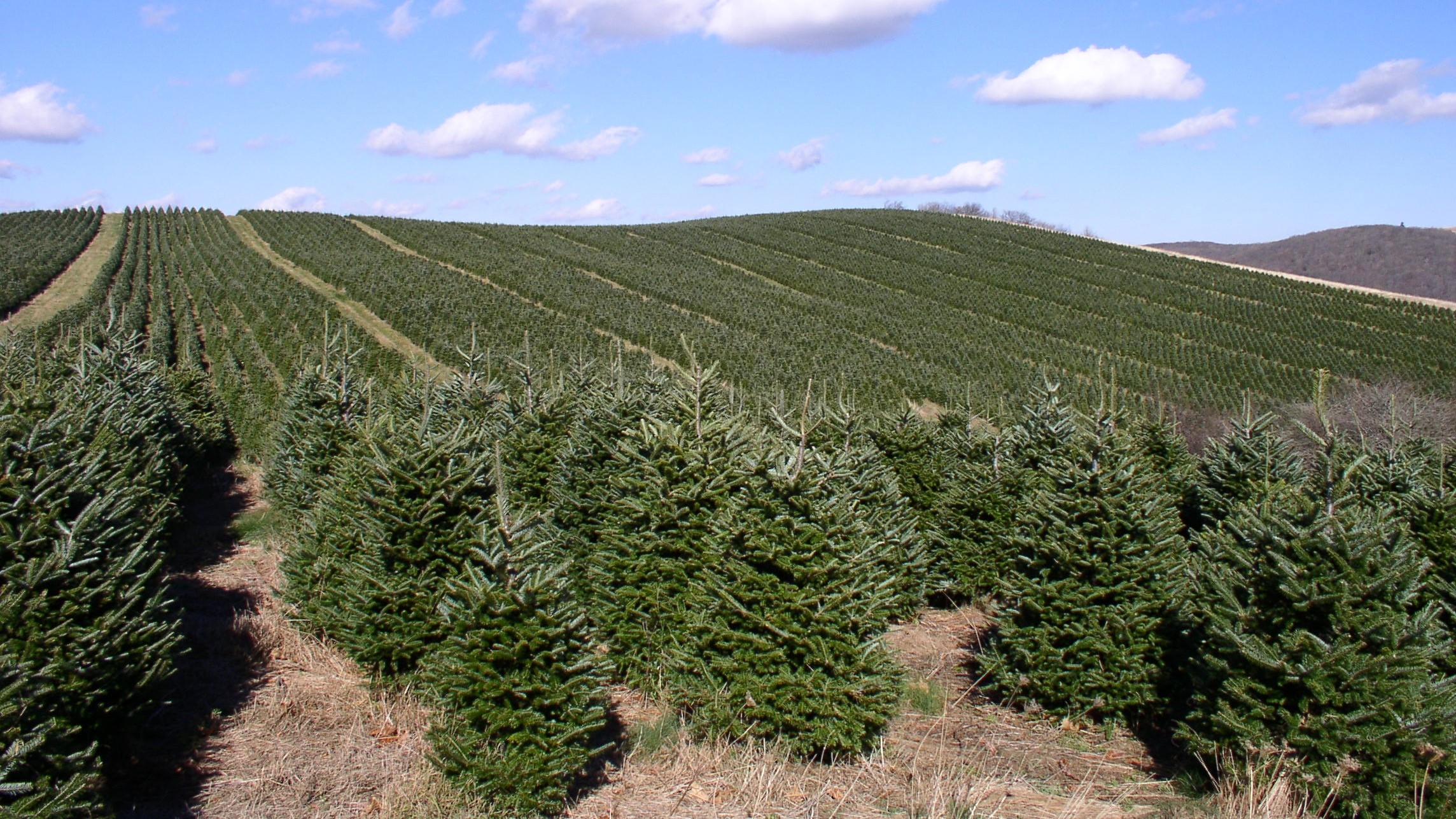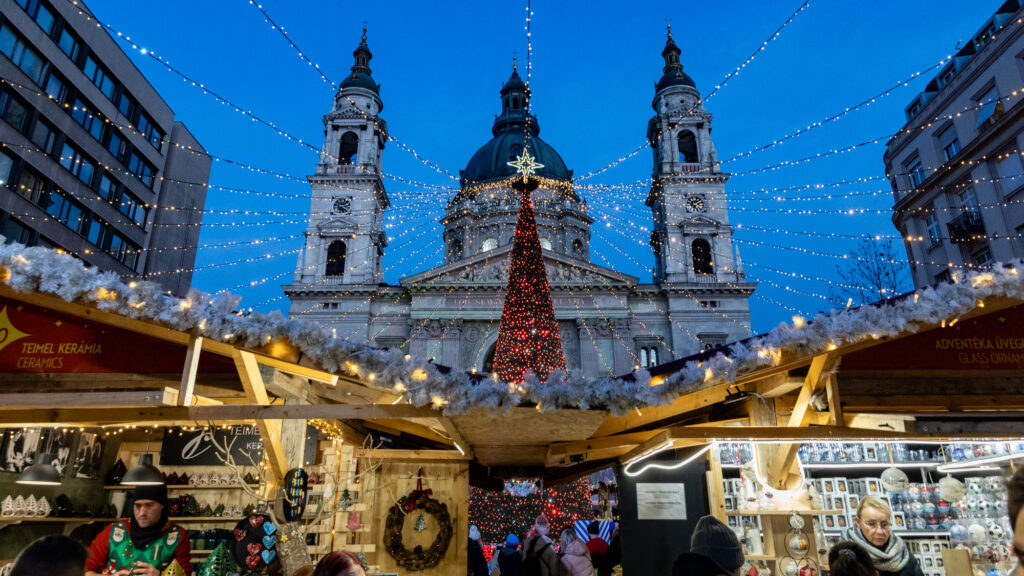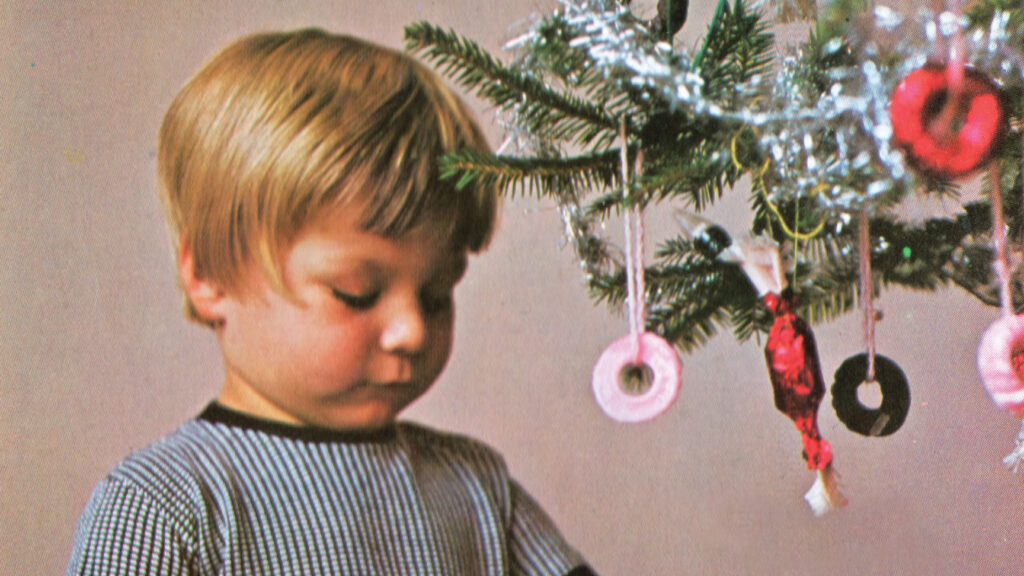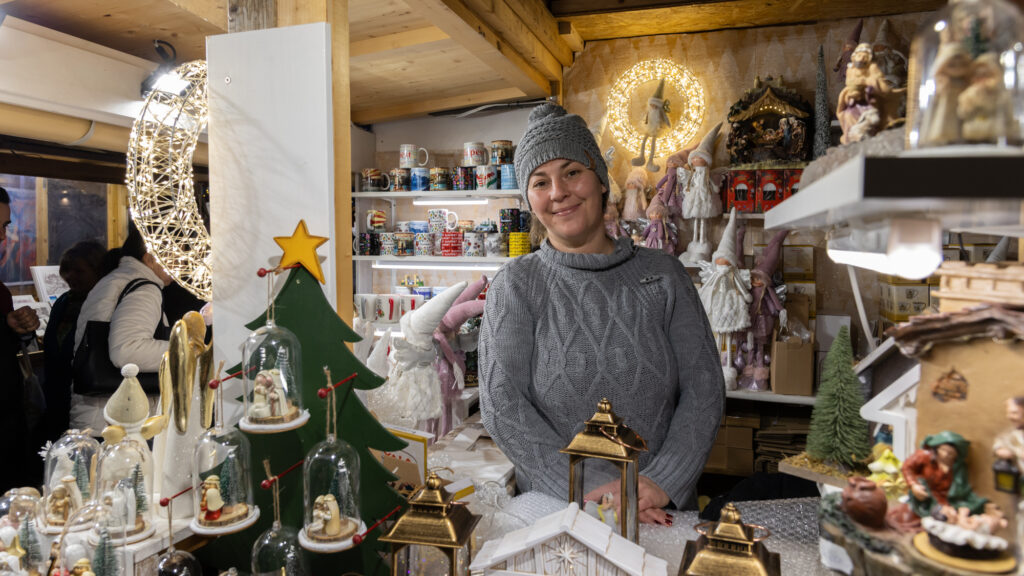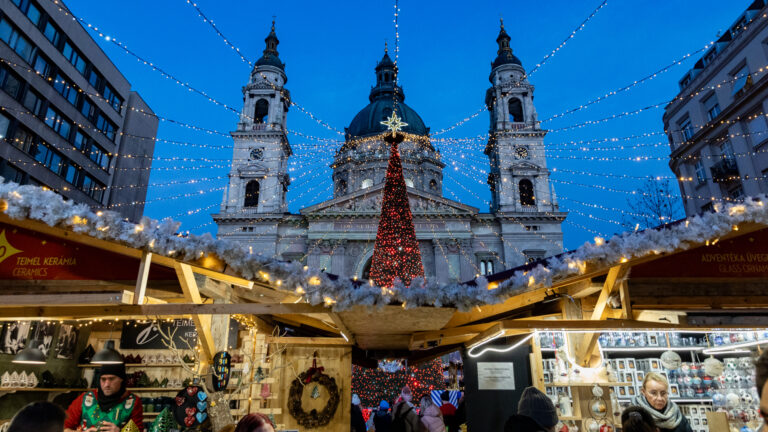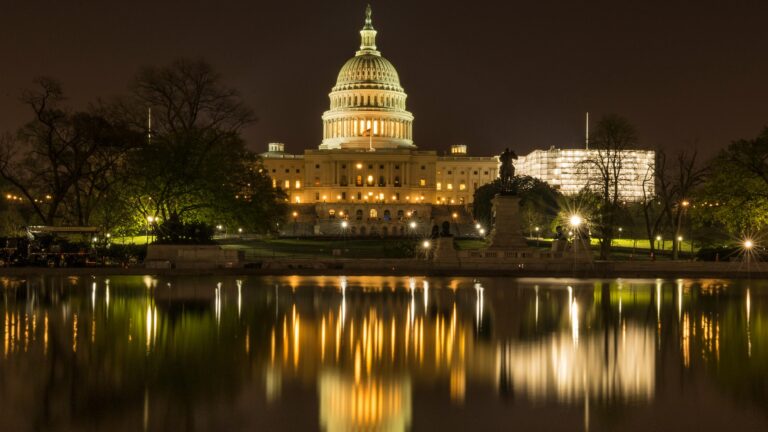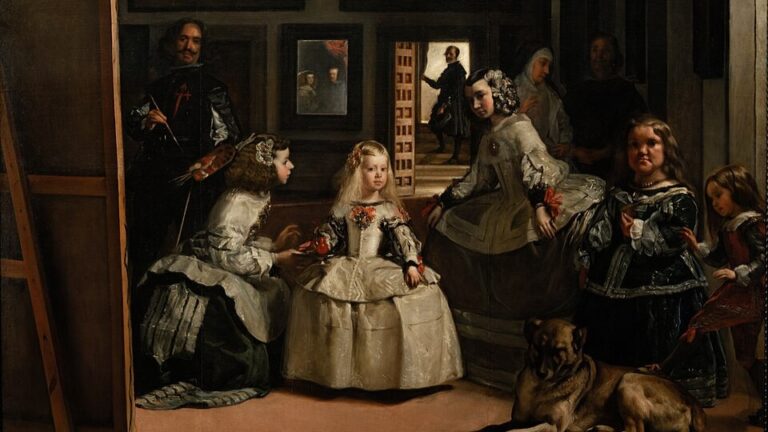As Christmas approaches, even the most steadfast conservative is faced with a profound seasonal dilemma: should one opt for an artificial tree or remain loyal to the natural variety? The question is more than a practical matter—it is imbued with philosophical, aesthetic, and cultural significance. What might Plato, Burke, or even Nietzsche have to say about this perennial debate?
The Case for the Real Tree: The Triumph of Authenticity
Edmund Burke famously stated, ‘Tradition is a partnership between the living and the dead.’ A real Christmas tree embodies this very sentiment. The act of selecting a freshly cut pine, inhaling its resinous scent, and feeling its coarse texture connects us with the natural world and centuries of festive heritage. The ritual of bringing the outdoors inside transforms the tree into more than mere decoration; it becomes a living bridge between past and present.
The experience of tending to a natural tree, ensuring its stability, and witnessing its inevitable cycle of life and decay offers a profound reminder of the transient beauty inherent in tradition. As Heraclitus observed, ‘Everything flows.’ The real tree, ephemeral as it is, mirrors the flux of life and the conservative appreciation of the impermanent yet meaningful.
Would it not, however, seem ironic if a conservative, so often the champion of tradition, were to place a synthetic symbol at the heart of their home? As Rousseau proclaimed, ‘Back to nature!’ The Christmas tree, in its natural form, may well encapsulate this call to authenticity.
The Artificial Argument: Perfection and Pragmatism
On the other hand, as Oscar Wilde opined, ‘Art does not imitate life but transforms it.’ An artificial tree is not merely an imitation; it is an idealized, everlasting rendition. Free from shedding needles and the need for annual replacement, it embodies convenience and sustainability. Perhaps the true conservative, seeking durability and practicality, might gravitate toward the artificial option.
Consider Aquinas’s concept of the ‘unmoved mover’—could the artificial tree, unchanging and eternal, symbolize the perfection that conservative thought often aspires to preserve? Nietzsche declared, ‘The greatest strength is the ability to choose one’s illusions.’ Could the artificial tree represent such an illusion—one that is more ordered, enduring, and ultimately more practical than its organic counterpart?
In a world increasingly aware of ecological concerns, the artificial tree’s reusability might also reflect a modern conservatism that seeks to steward resources wisely. C S Lewis once wrote, ‘Progress means getting nearer to the place where you want to be.’ Perhaps, in its enduring utility, the artificial tree symbolizes precisely this kind of progress.
The Masculine Imperative: To Hew or Not to Hew
Conservatism often extols the virtues of strength, action, and resolve. Is there anything more robustly masculine than felling a tree with one’s own hands, proving through action rather than rhetoric a commitment to tradition? The act of chopping wood carries echoes of Thoreau’s Walden: ‘I went to the woods because I wished to live deliberately.’ To cut down one’s own Christmas tree is to engage directly with the land, honouring a primal connection between humanity and nature.
Conversely, erecting an artificial tree might symbolize the modern pragmatist: efficient, swift, and unencumbered by sentimentality. G K Chesterton aptly noted, ‘Tradition means giving votes to the most obscure of all classes, our ancestors.’ A natural tree could be seen as the ancestors’ vote, whereas the artificial tree represents the living, prioritizing convenience and simplicity. Yet simplicity, too, can be a conservative virtue, as advocated by thinkers such as Marcus Aurelius, who reminded us that ‘Very little is needed to make a happy life.’
Truth or Illusion?
Plato’s Allegory of the Cave takes on new relevance here: the natural tree is reality, while the artificial one is but its shadow. Yet, might it not be argued that reality is precisely what we refine and perfect? If the artificial tree symbolizes a more beautiful, enduring, and sustainable world, could it not be the quintessentially conservative choice?
As T S Eliot mused, ‘Only those who will risk going too far can possibly find out how far one can go.’ The artificial tree might represent that calculated risk: a step away from nature to achieve an enduring, replicable ideal.
Conclusion: The Liberty to Choose
Ultimately, the choice between a real and an artificial tree is both practical and philosophical. One signifies ancient traditions and a bond with nature; the other champions modernity, illusion, and improvement. Each tree tells its own story, one of fleeting grace or lasting perfection.
The conservative spirit, however, transcends any single choice. It is a mindset that honours the past, values the present, and looks responsibly to the future. Which path will you take? Perhaps it is best left to each individual to decide—for as Kant wisely urged, ‘Sapere aude!’ ‘Dare to think for yourself!’
This Christmas, may your tree—whether real or artificial—stand tall as a symbol of the values you hold dearest.
Read more on the subject:

